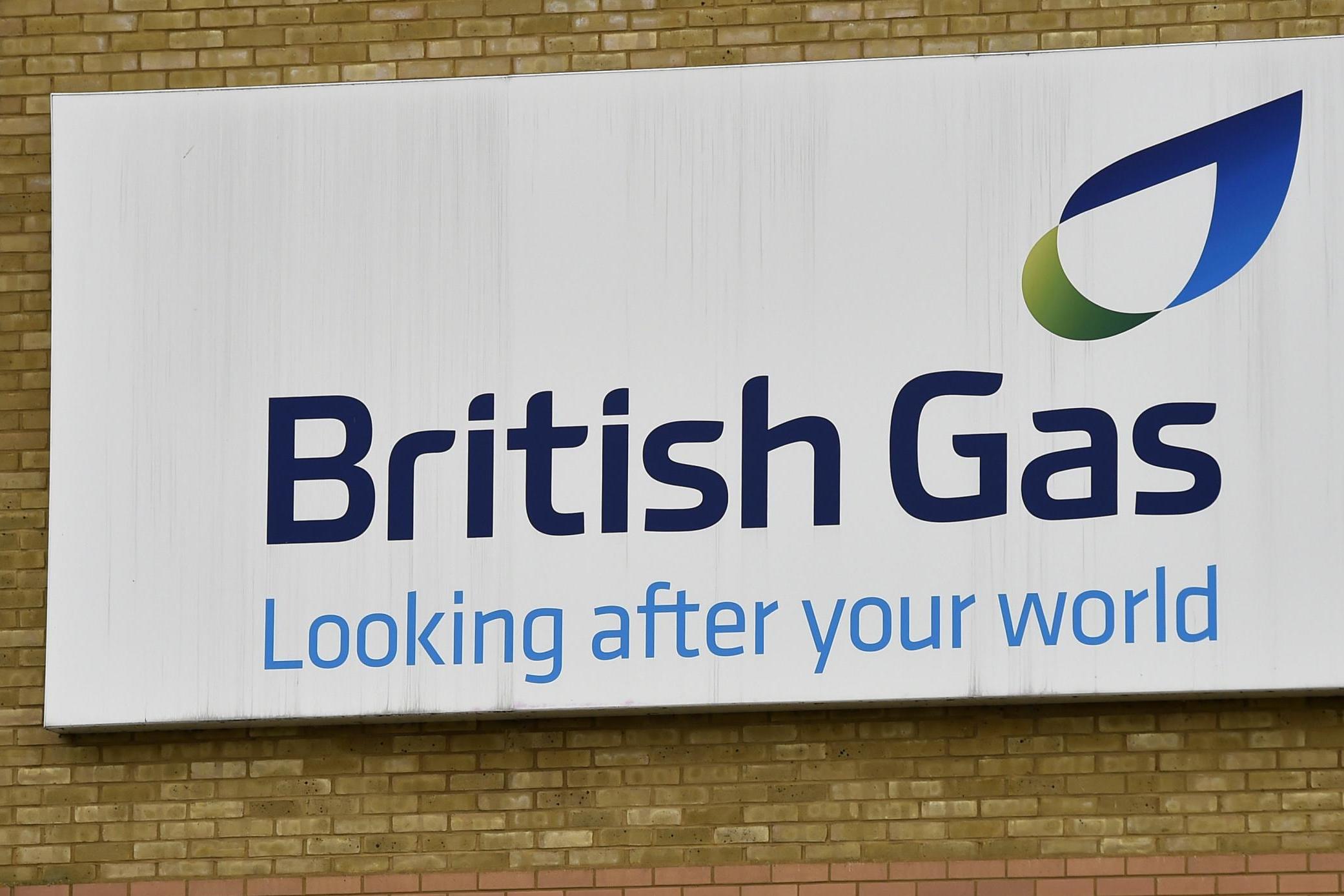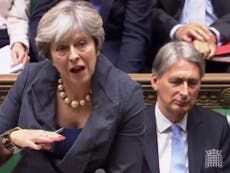The Independent's journalism is supported by our readers. When you purchase through links on our site, we may earn commission.
Government price interventions don't usually end up helping people struggling, but the new energy cap may be an exception
There are times when introductory economics textbooks and horror stories of populist incompetence are an inadequate guide for policymakers


Many readers might be feeling a little bilious after a night of new year celebrations. But what turns many economists green around the gills at any time of year is the suggestion of government price caps to help the poor.
Every introductory textbook teaches that the price of a good or service is established by supply and demand. When a price of something is set not by these impersonal forces but arbitrarily by politicians through a cap, the usual expected result is inefficiency, distortions and, ultimately, a loss of welfare. The people who the government wants to help end up getting hurt.
Think of some developing world authoritarian decreeing that the price of petrol, bread or some other staple must not be sold above a certain price to ease the pressure on the people’s cost of living. Such interventions have not tended to end well.
So doesn’t that logic imply that the energy price cap introduced today by the government will be counterproductive? Isn’t this a classic case of ministers ignoring the lessons of economics and history?
Maybe not. There are times when introductory textbooks and horror stories of populist economic incompetence are an inadequate guide.
Last year Botond Koszegi, a highly respected economist at the Central European University, presented a theoretical paper at the Royal Economic Society conference in Brighton suggesting that regulatory price caps should not, in fact, always be anathema to economists and policymakers.
Koszegi showed that in certain rather complex markets, which require a high level of research from customers to get a good deal, price caps can be effective both in helping the less well off and also in boosting competition.
Koszegi posited that if consumers who have limited time and attention can do less “study” (defined as scanning the small print of a particular contract offering) they can spend more timing “browsing” for better offers. The key is to regulate the “secondary features” of contracts – for instance capping the charges for additional data in a mobile phone contract – so that consumers can be reasonably confident that they are not going to be ripped off, even if they spend less time studying.
Does this model apply to UK domestic energy markets?
It’s not a precise fit, says Koszegi. Those 11 million UK households languishing on private energy companies’ notoriously expensive “standard variable tariffs” (SVTs) are likely to be totally disengaged from the market. They’re neither studying or browsing – they’ve simply ended up there through inertia.
Yet other aspects of Koszegi’s modelling, looking at what can happen in a complex market in which some consumers are sophisticated and some are naive, does apply.
“We would predict that new entrants attract away switchers, and legacy providers are therefore left with many non-switchers,” he explains. “This change in the customer base of legacy providers leads them to concentrate on exploiting non-switchers so that competition is actually detrimental to non-switchers.”
That sounds like a good description of British Gas, the legacy provider which still has around 3 million customers, many of them less well-off and elderly, on its SVT.
Koszegi and his colleagues conclude that the government’s price cap on the SVT is not a regressive move.
“We’re sceptical that a cap on the SVT would be harmful,” he says. “Although this is ultimately an empirical question, our sense is that the cap would not harm competition much, as the switchers are choosing not between the SVT and another tariff, but between different non-SVT tariffs. And even if the cap lowers competition somewhat, it makes sense from a distributional point of view.”
The 19th century man of letters Thomas Carlyle was not enamoured with economists. As well as inventing the term “dismal science” he once scoffed: “Teach a parrot the terms supply and demand and you have an economist.”
Perhaps there’s some truth in that. But some, at least, are singing a more nuanced tune.


Join our commenting forum
Join thought-provoking conversations, follow other Independent readers and see their replies